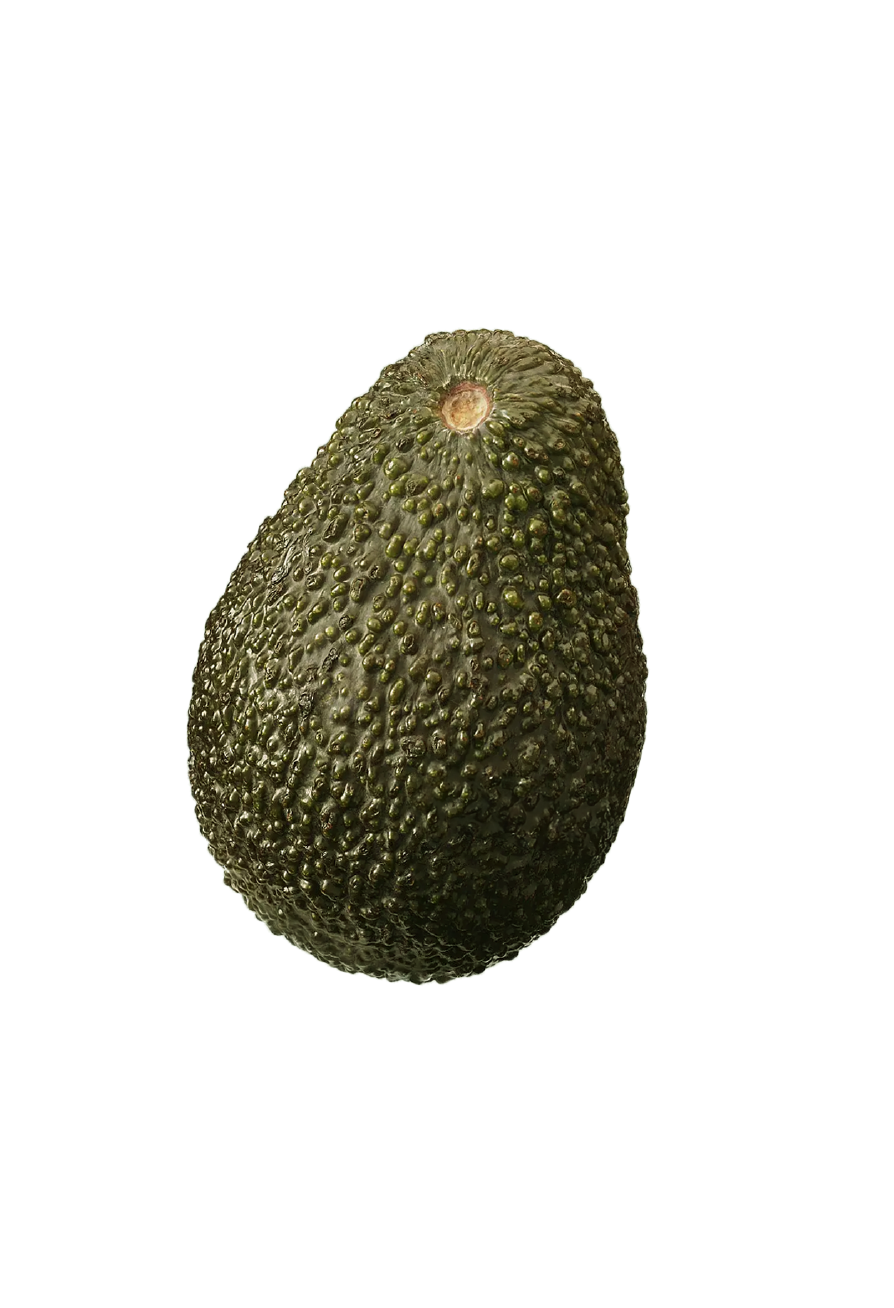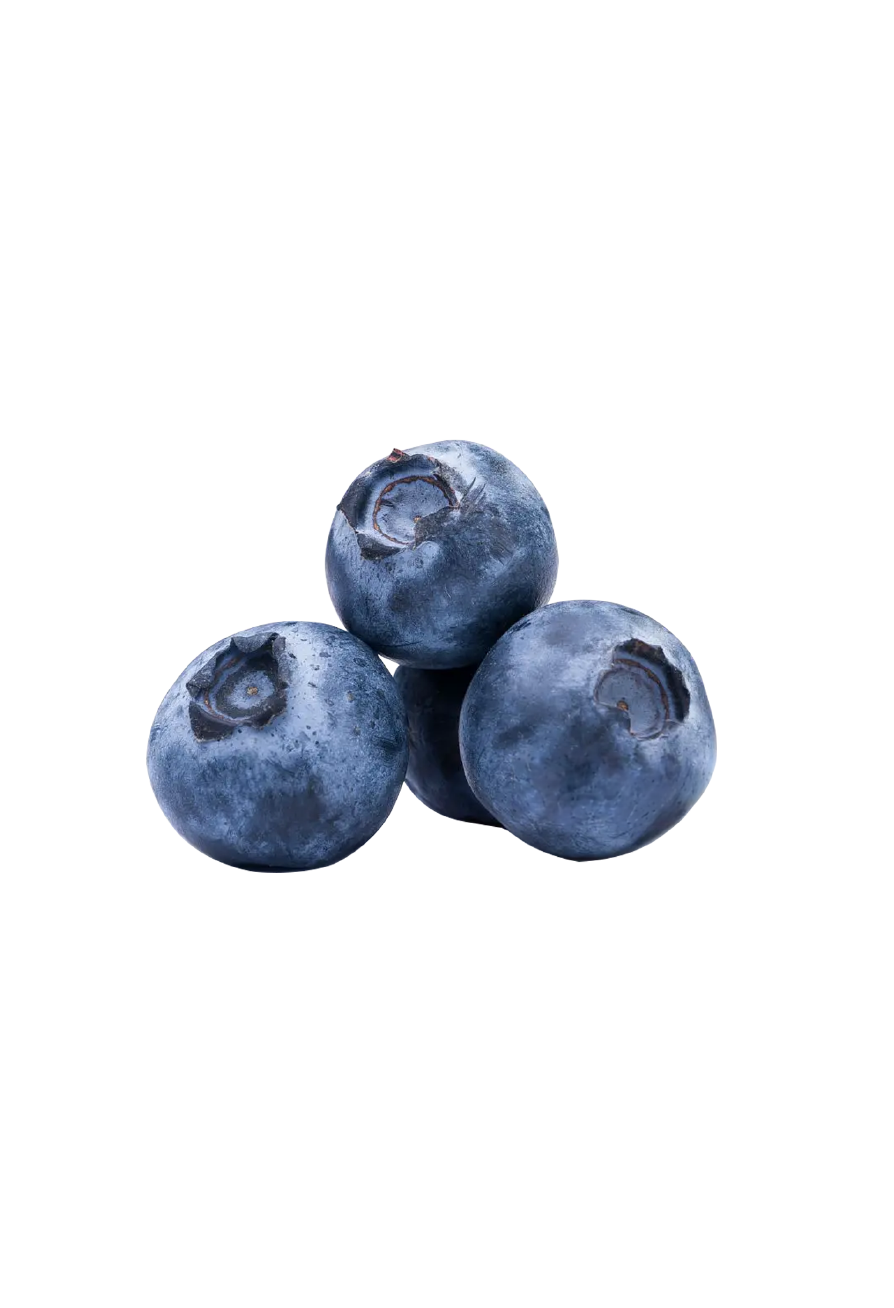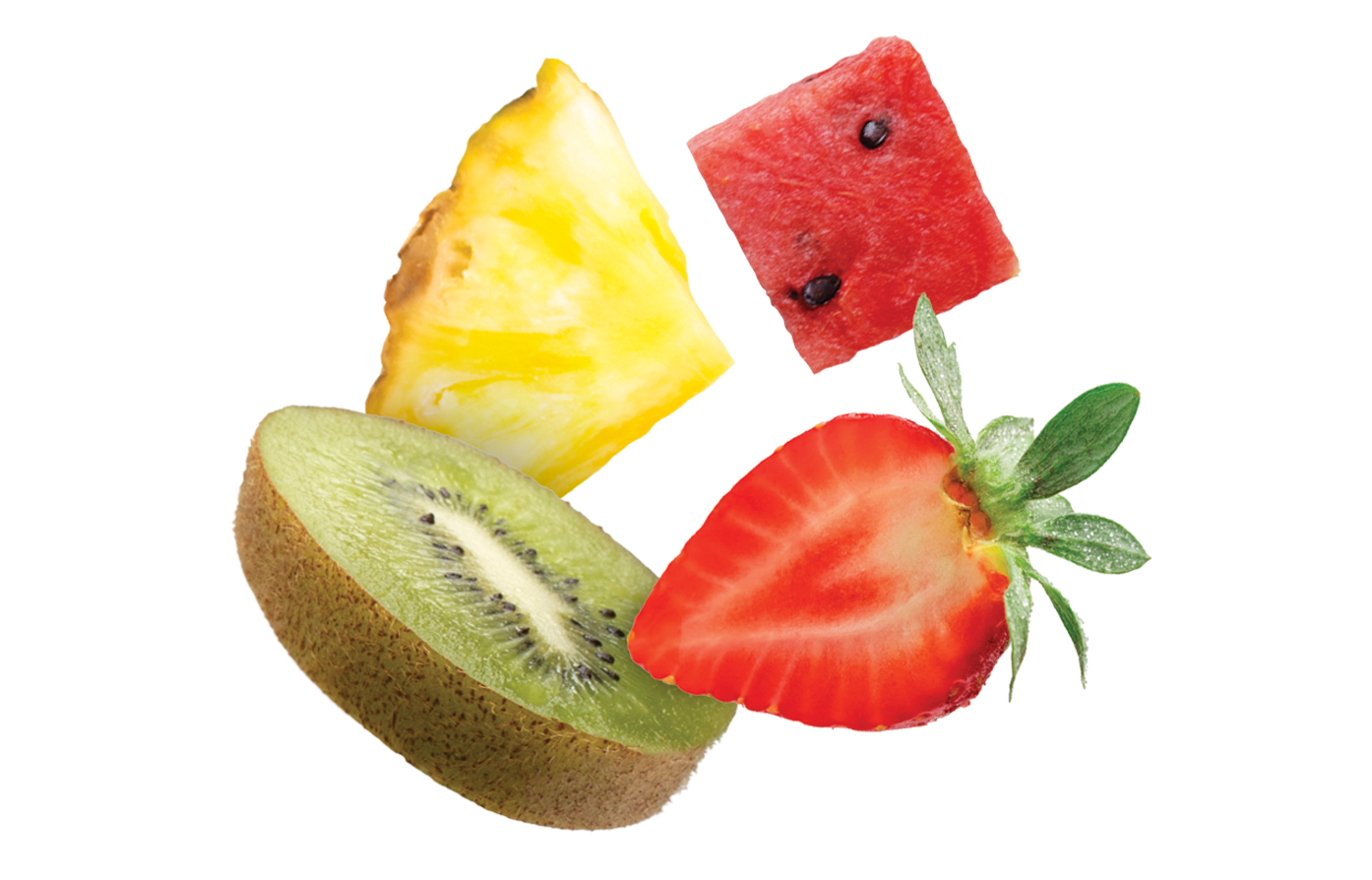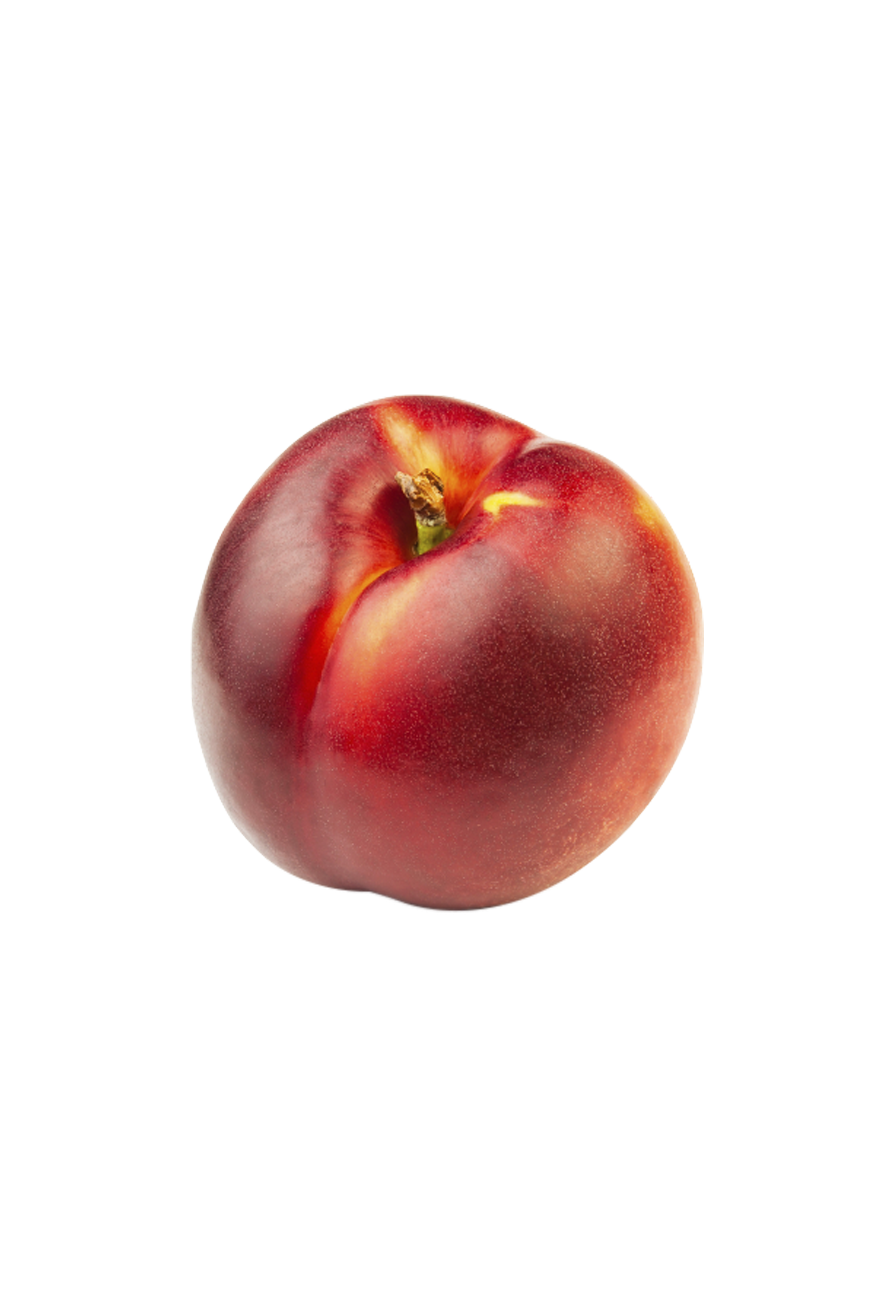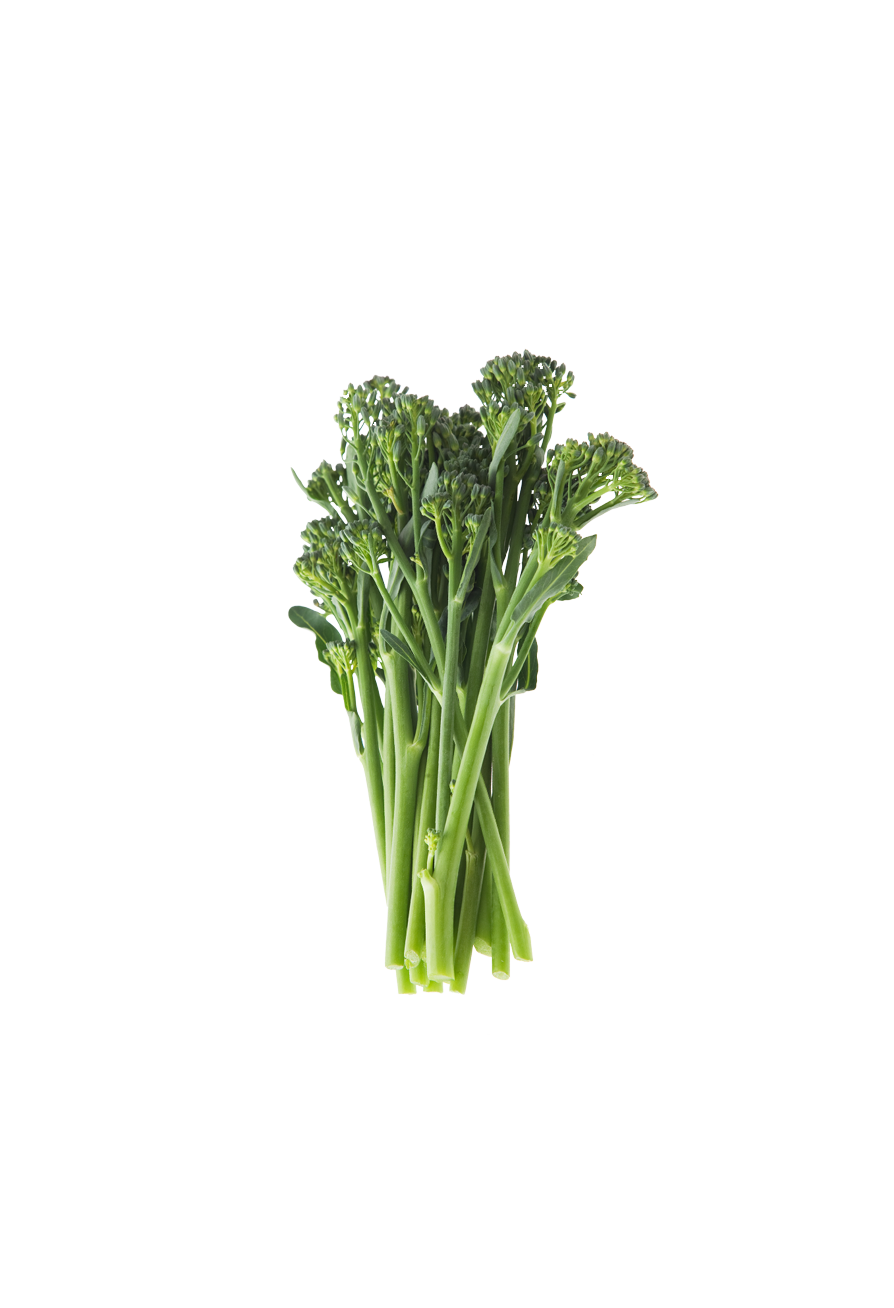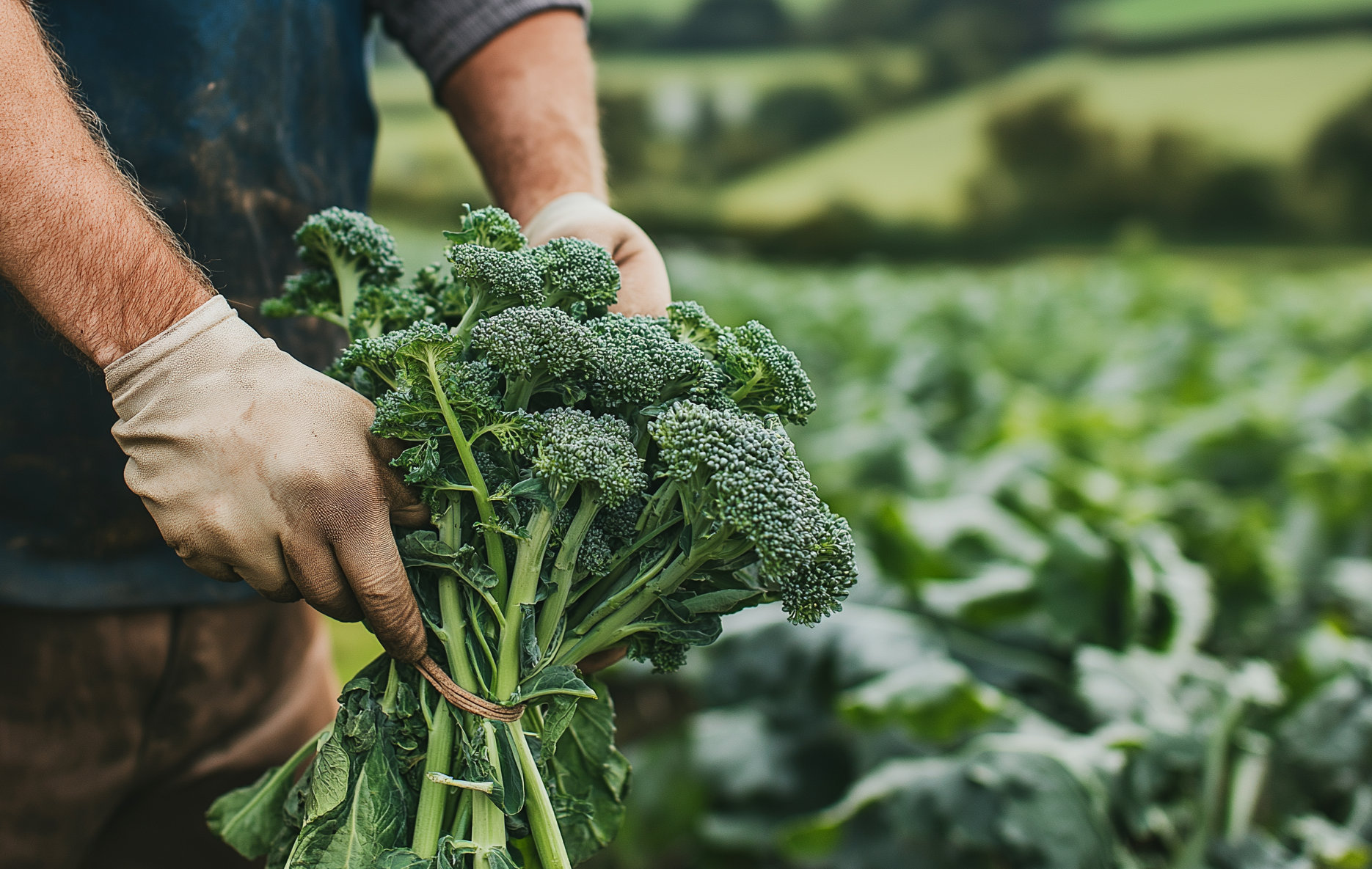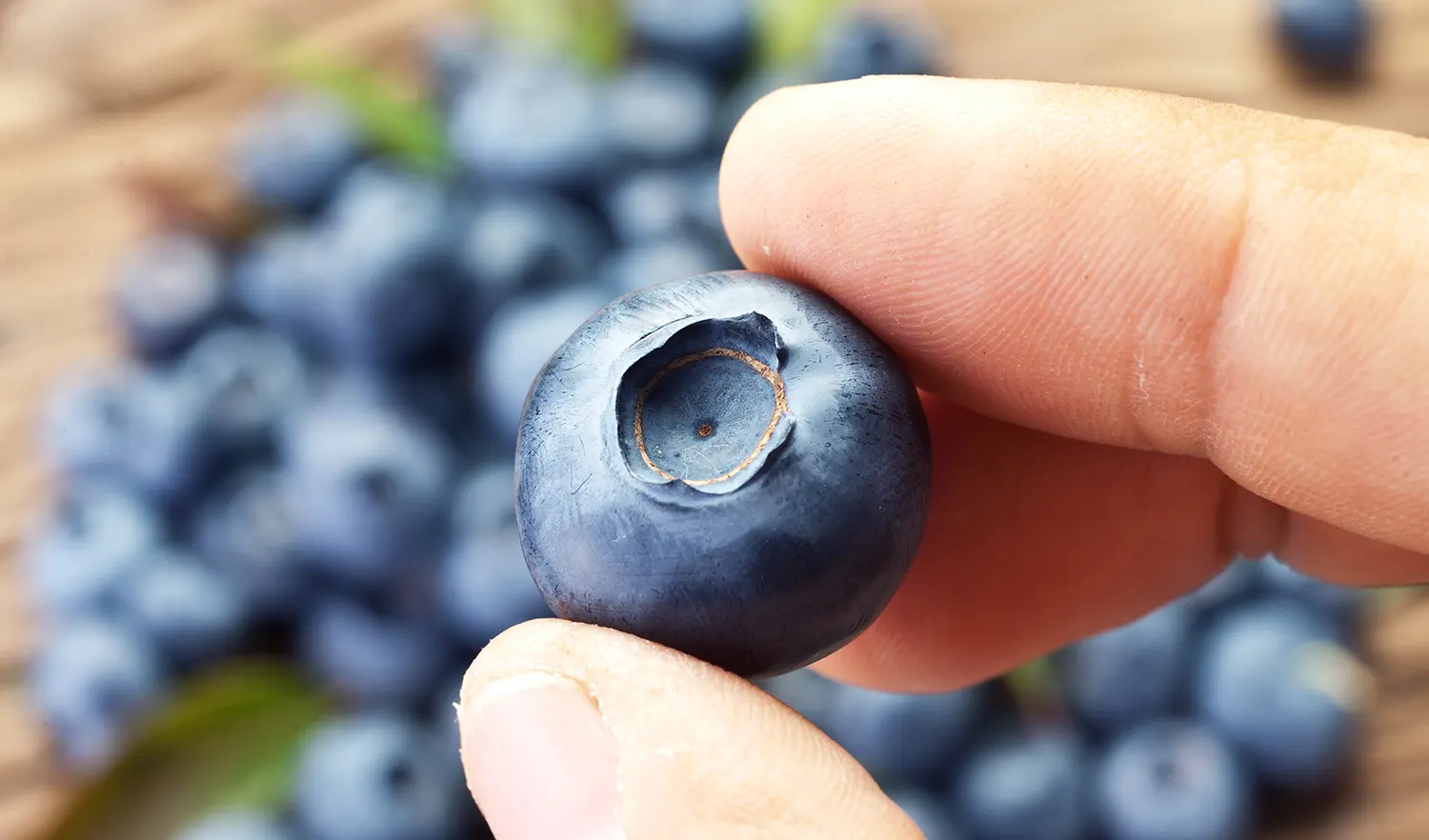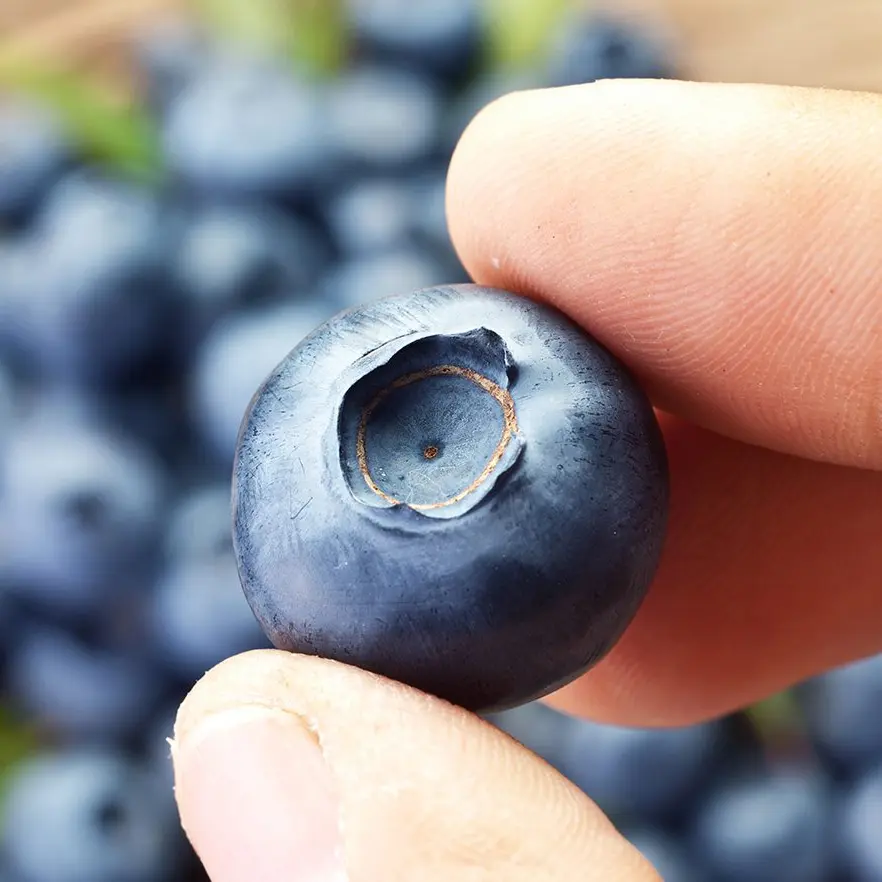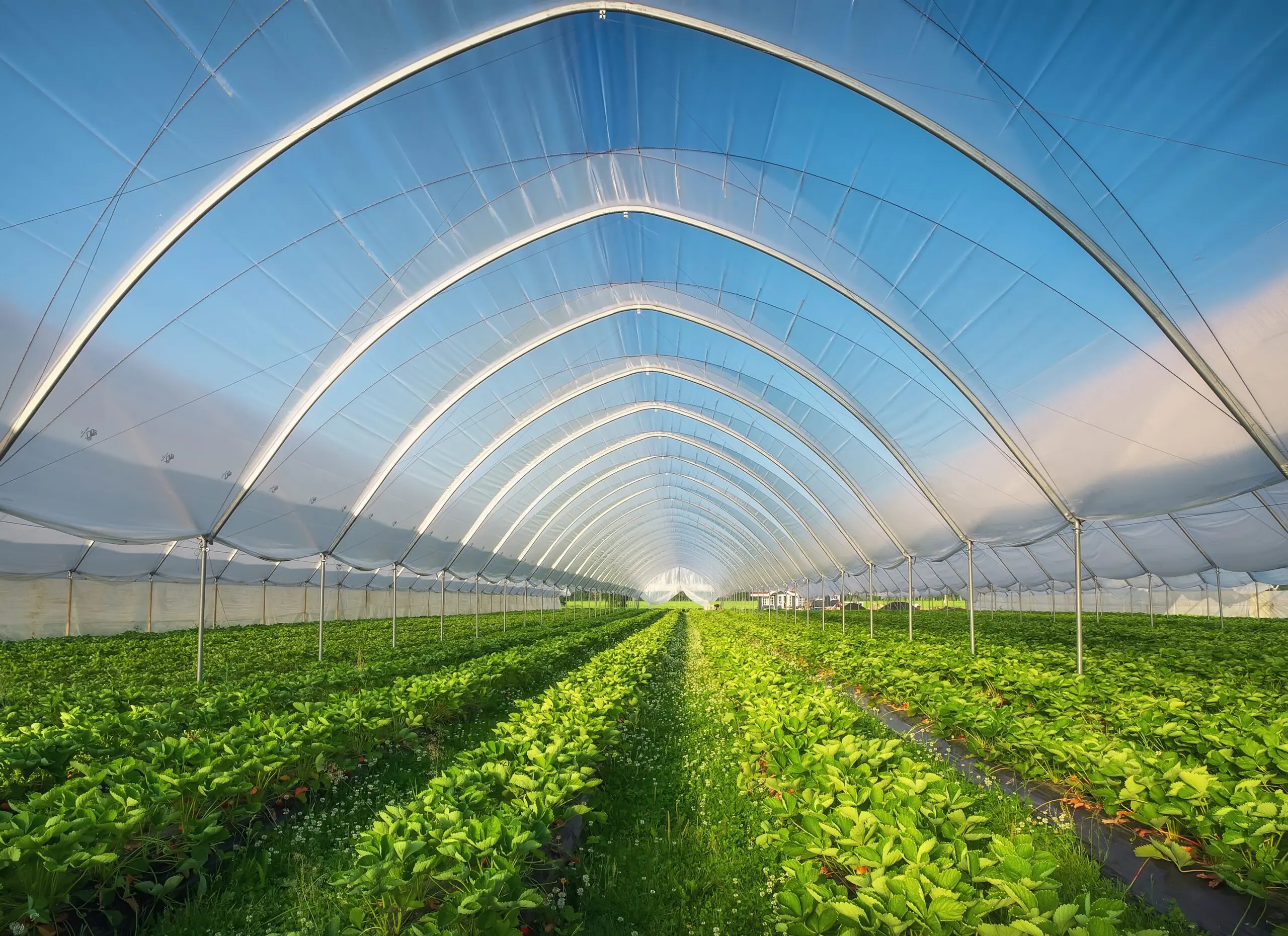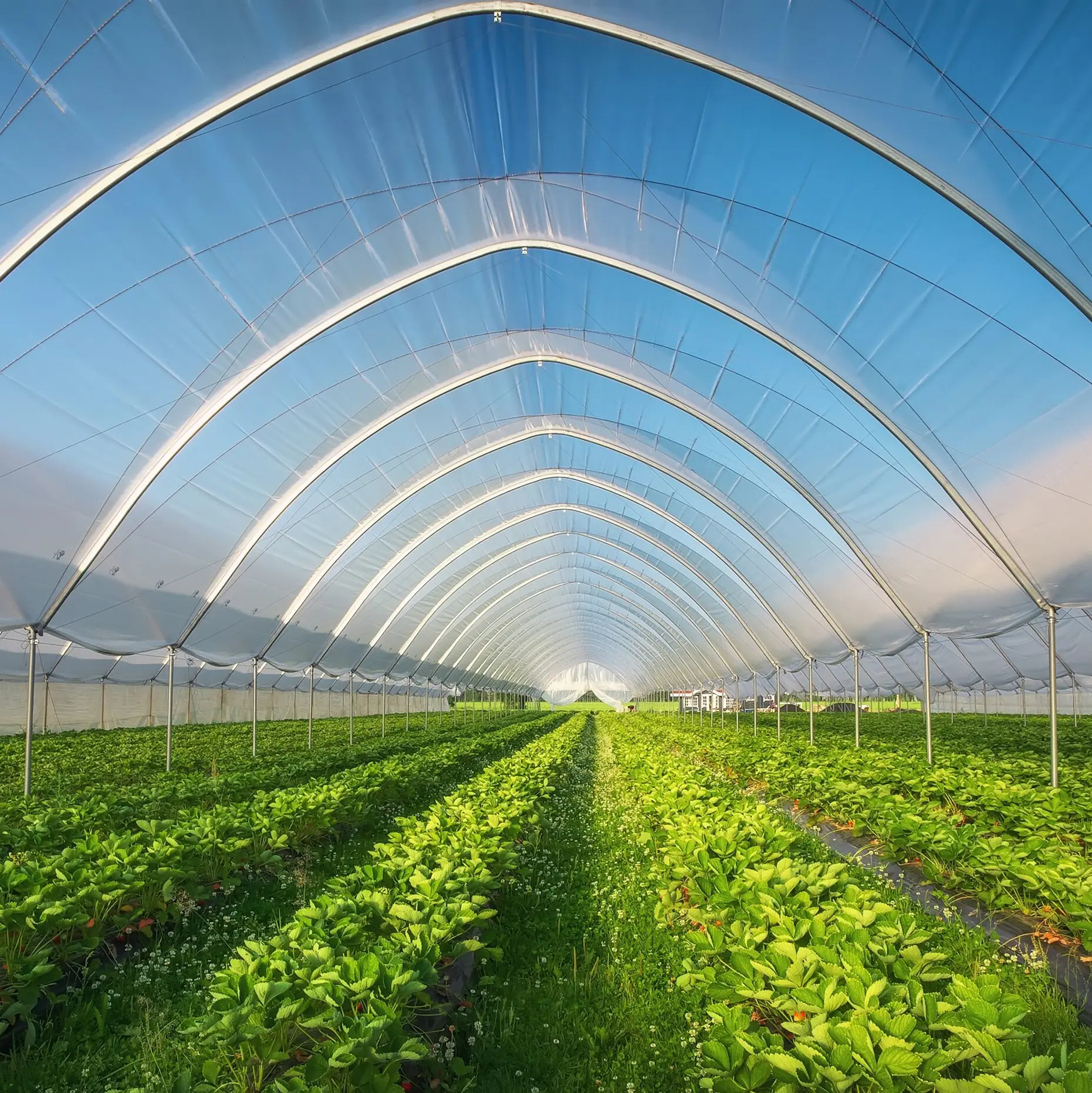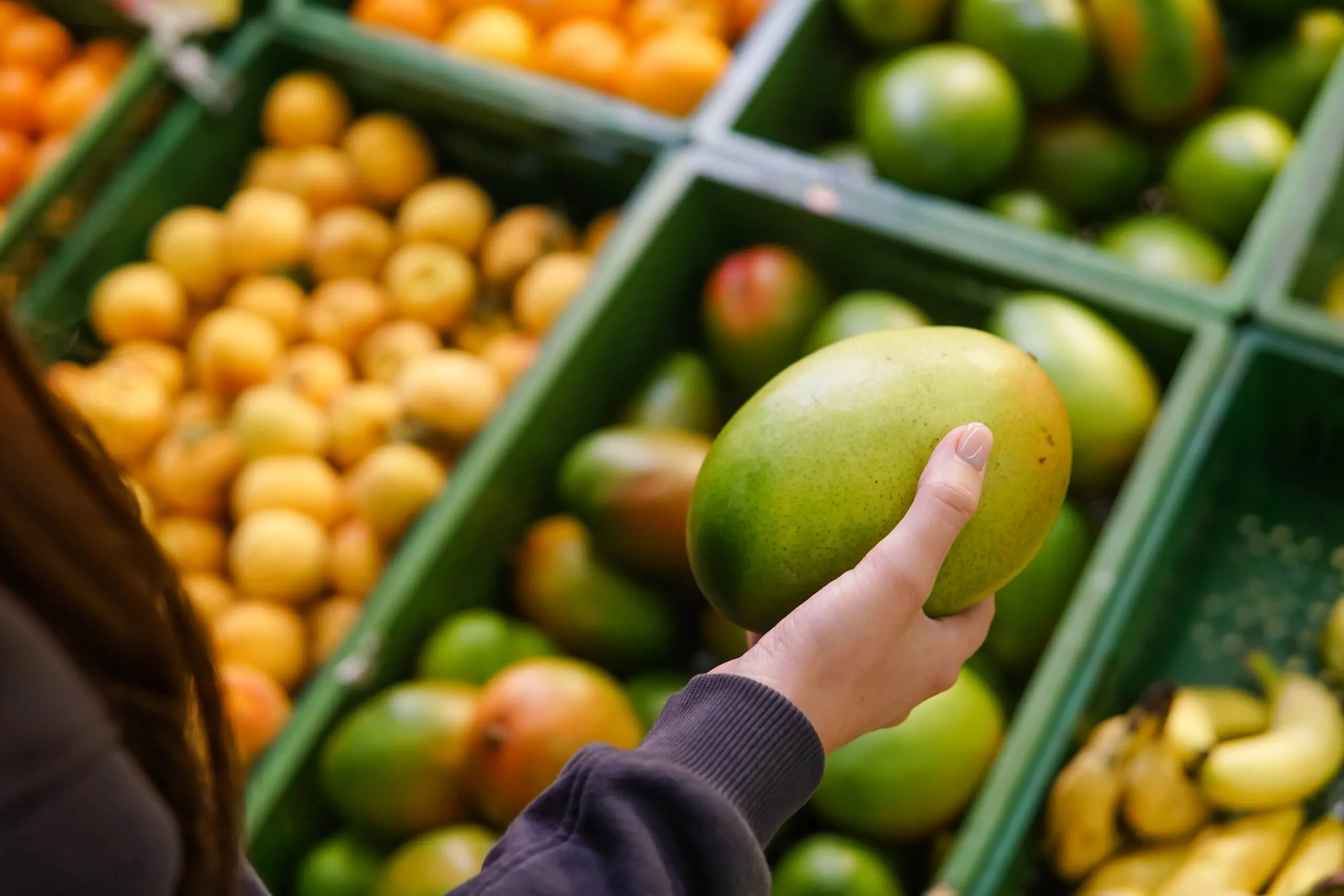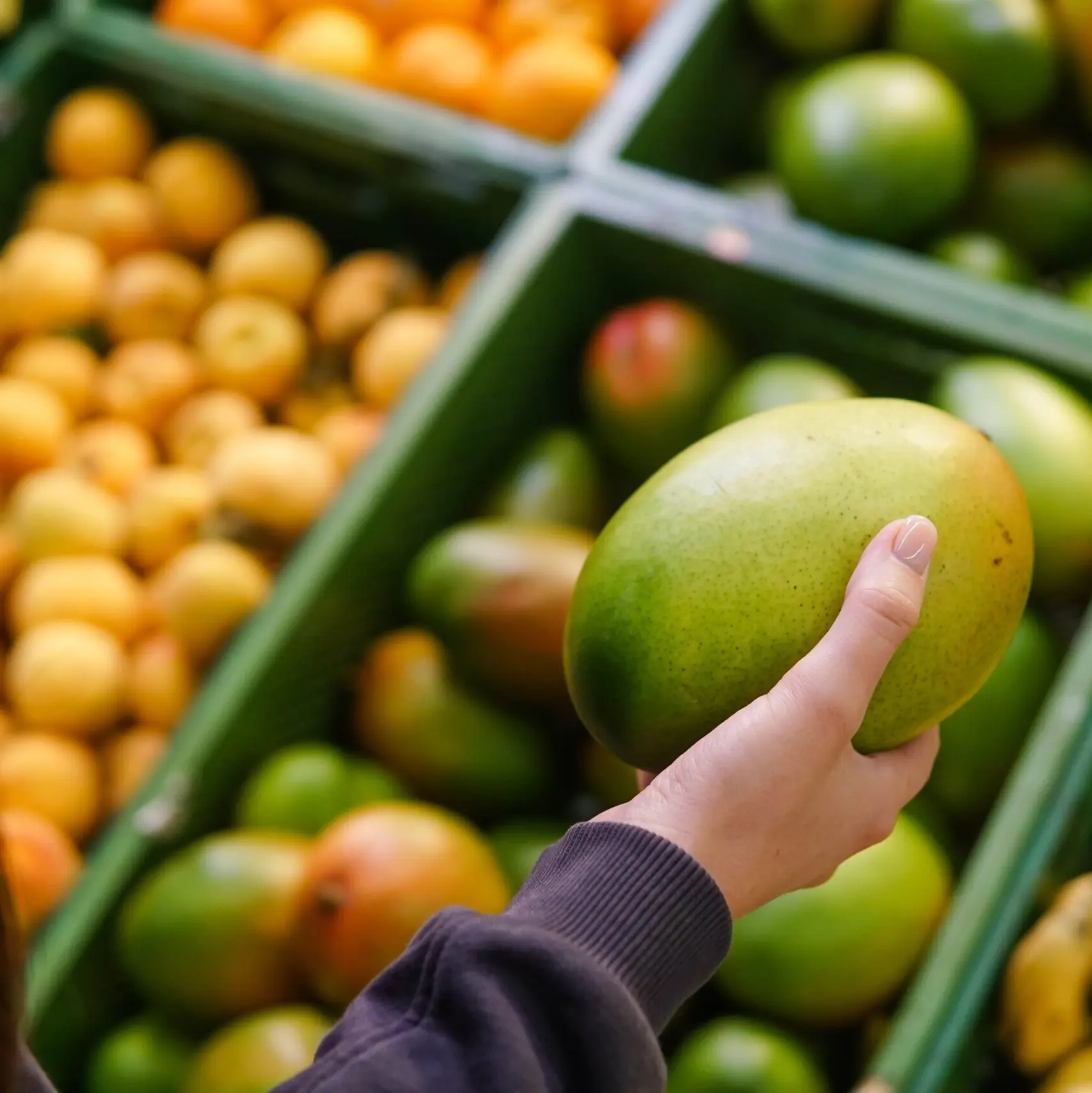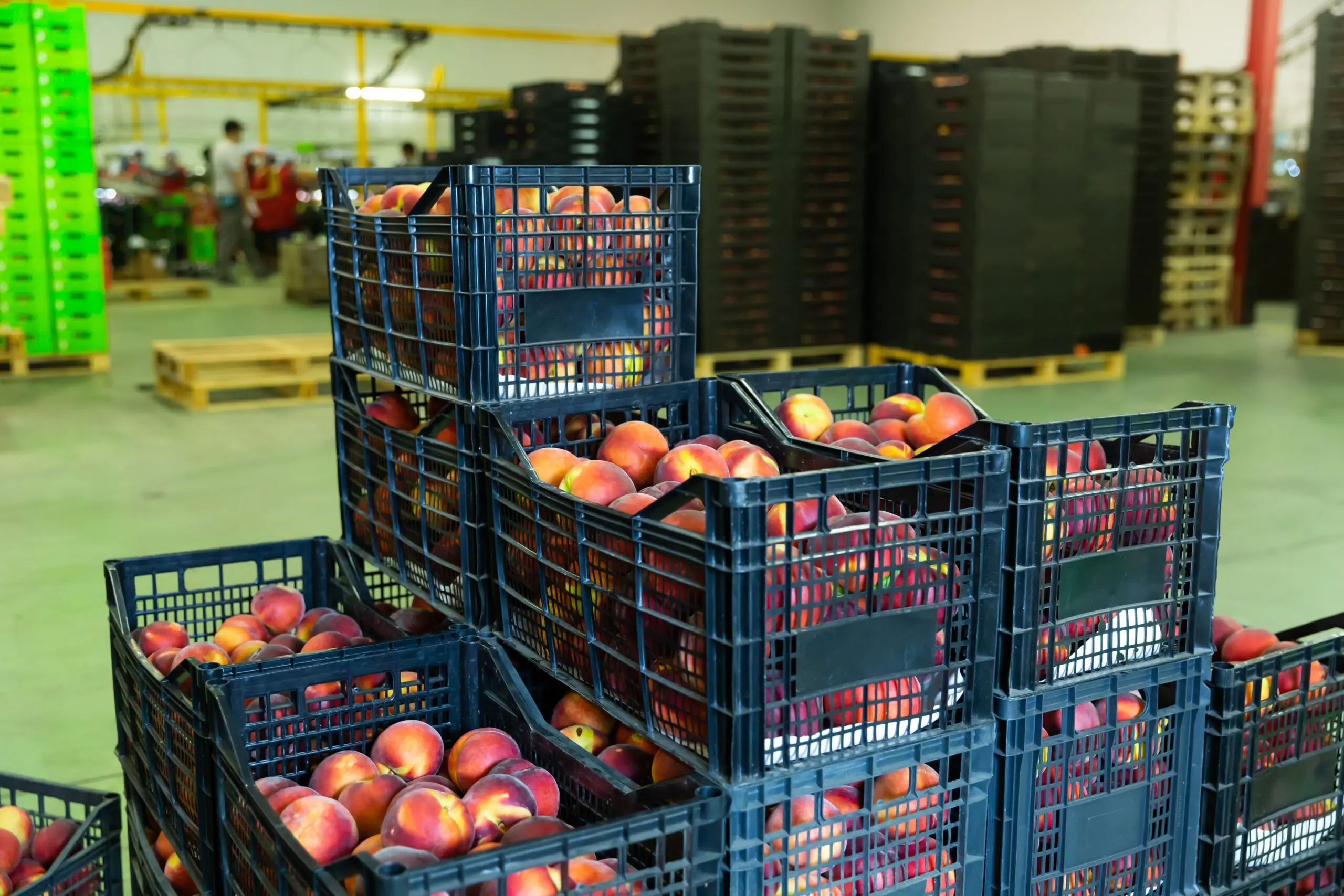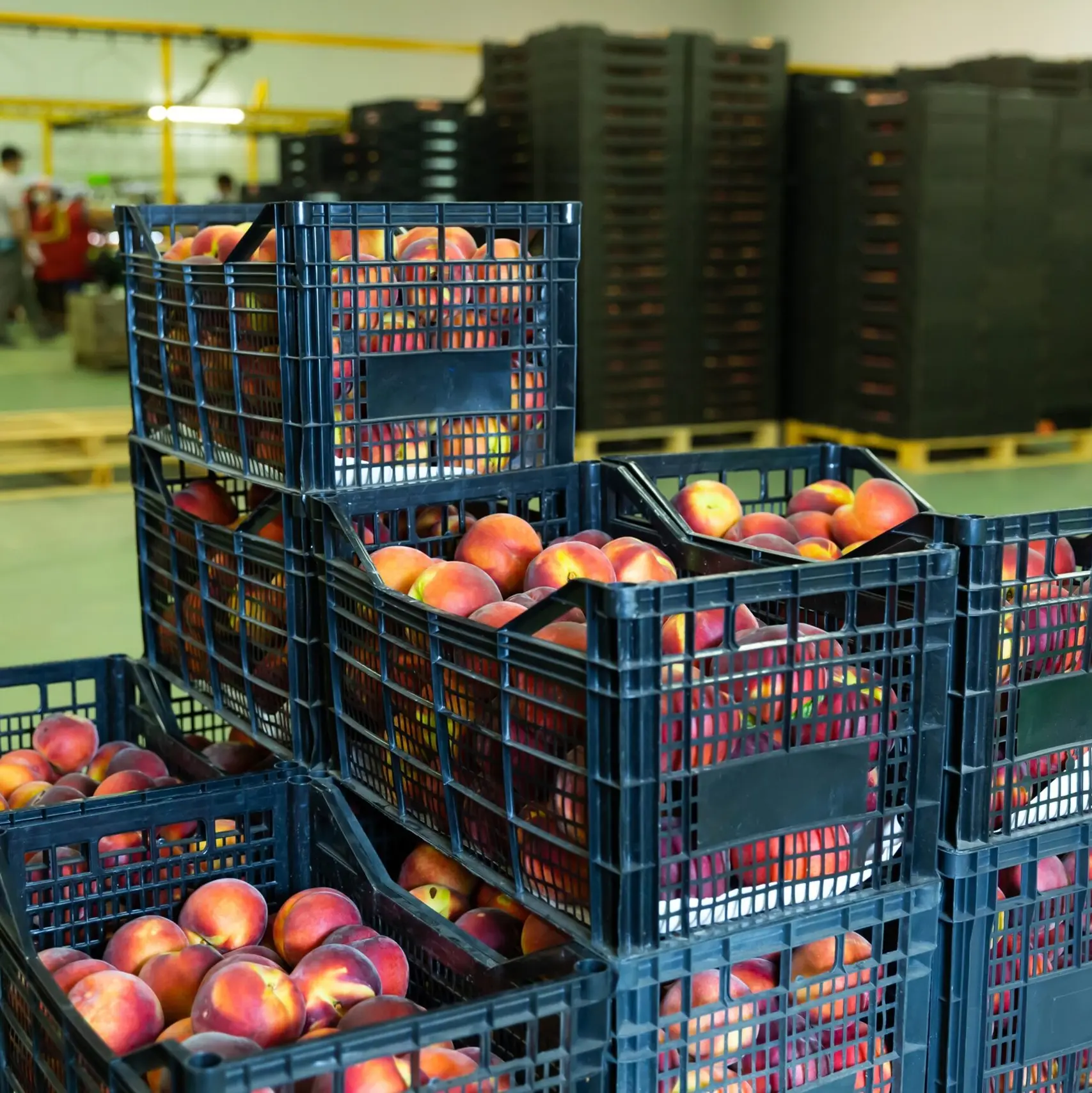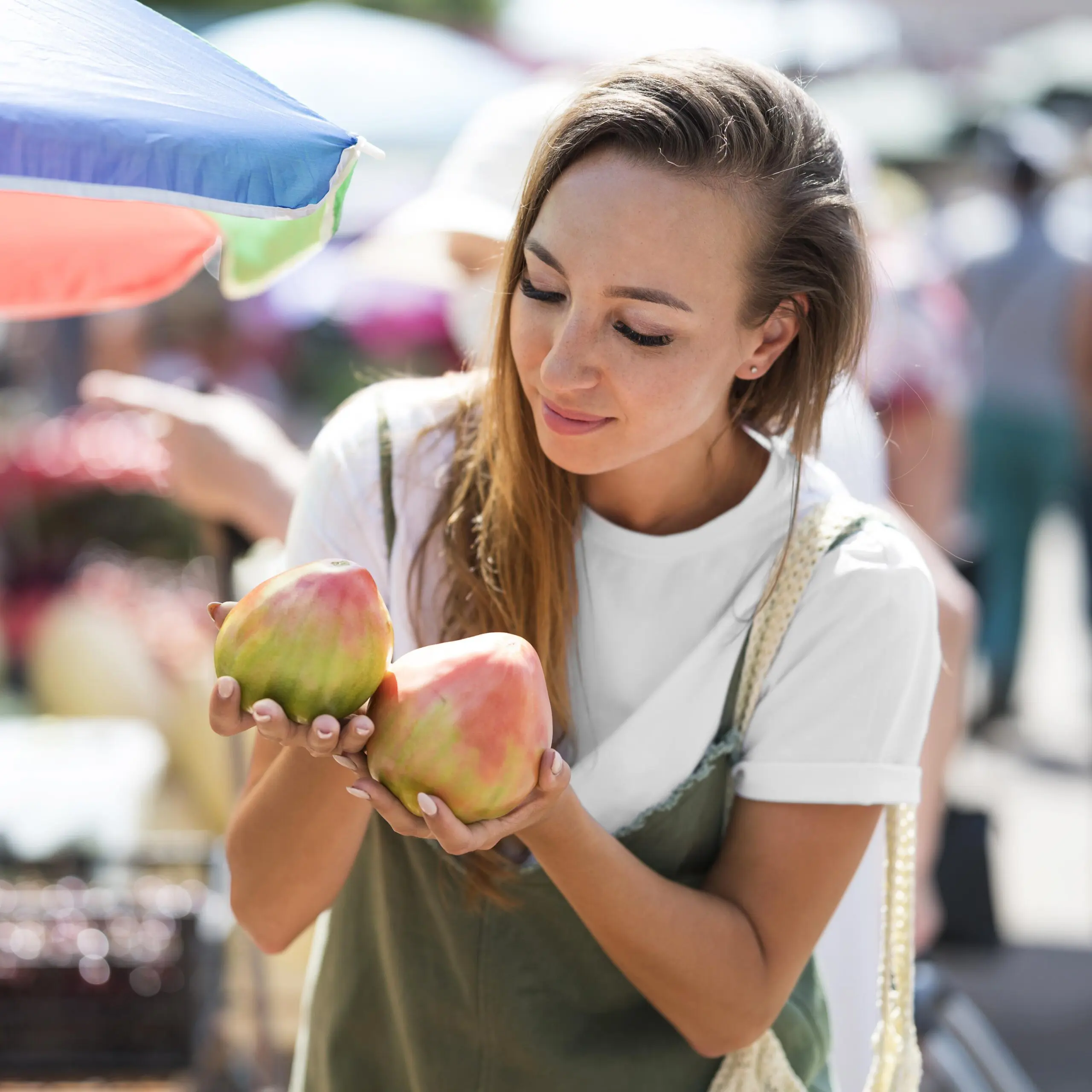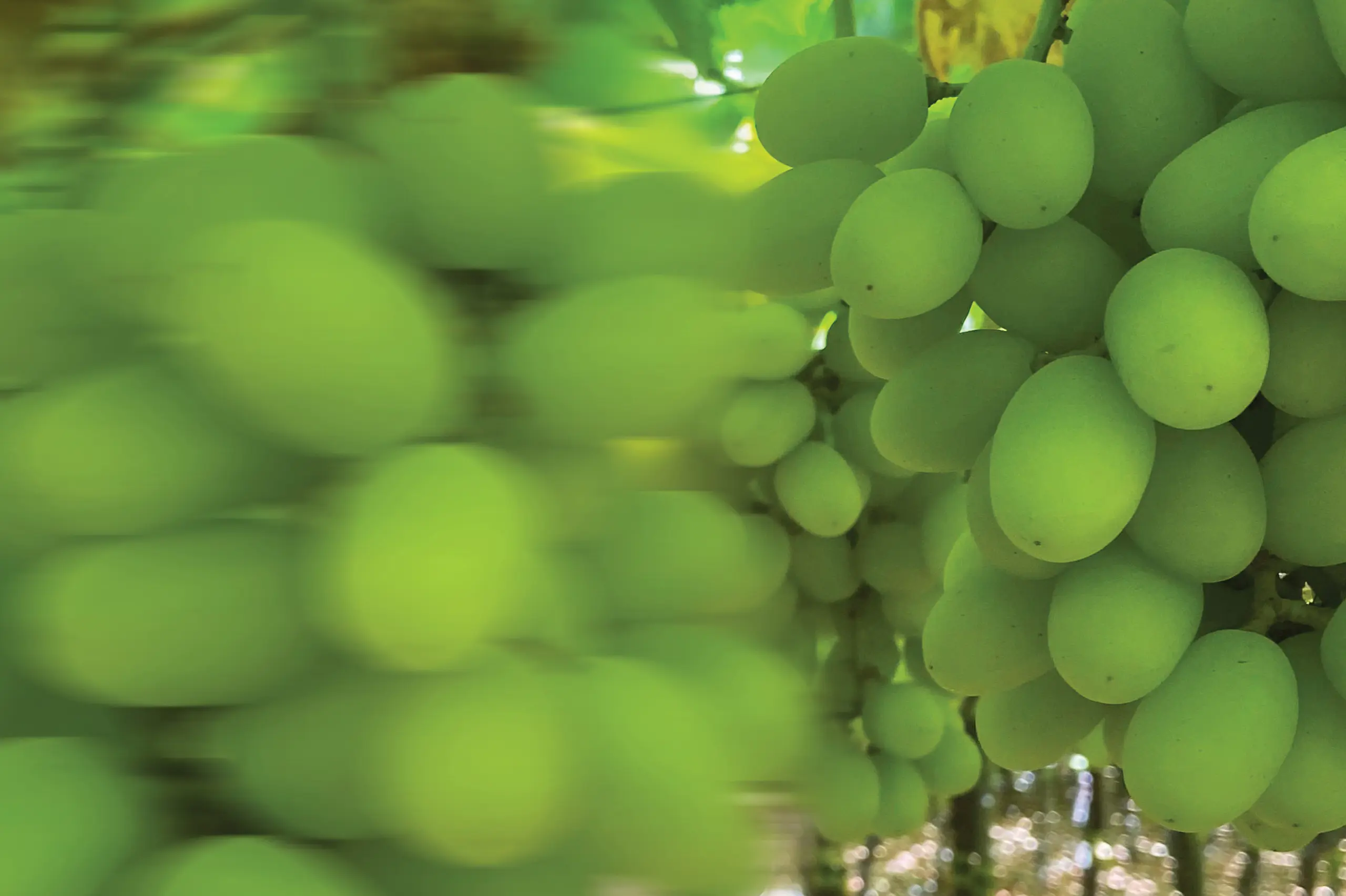
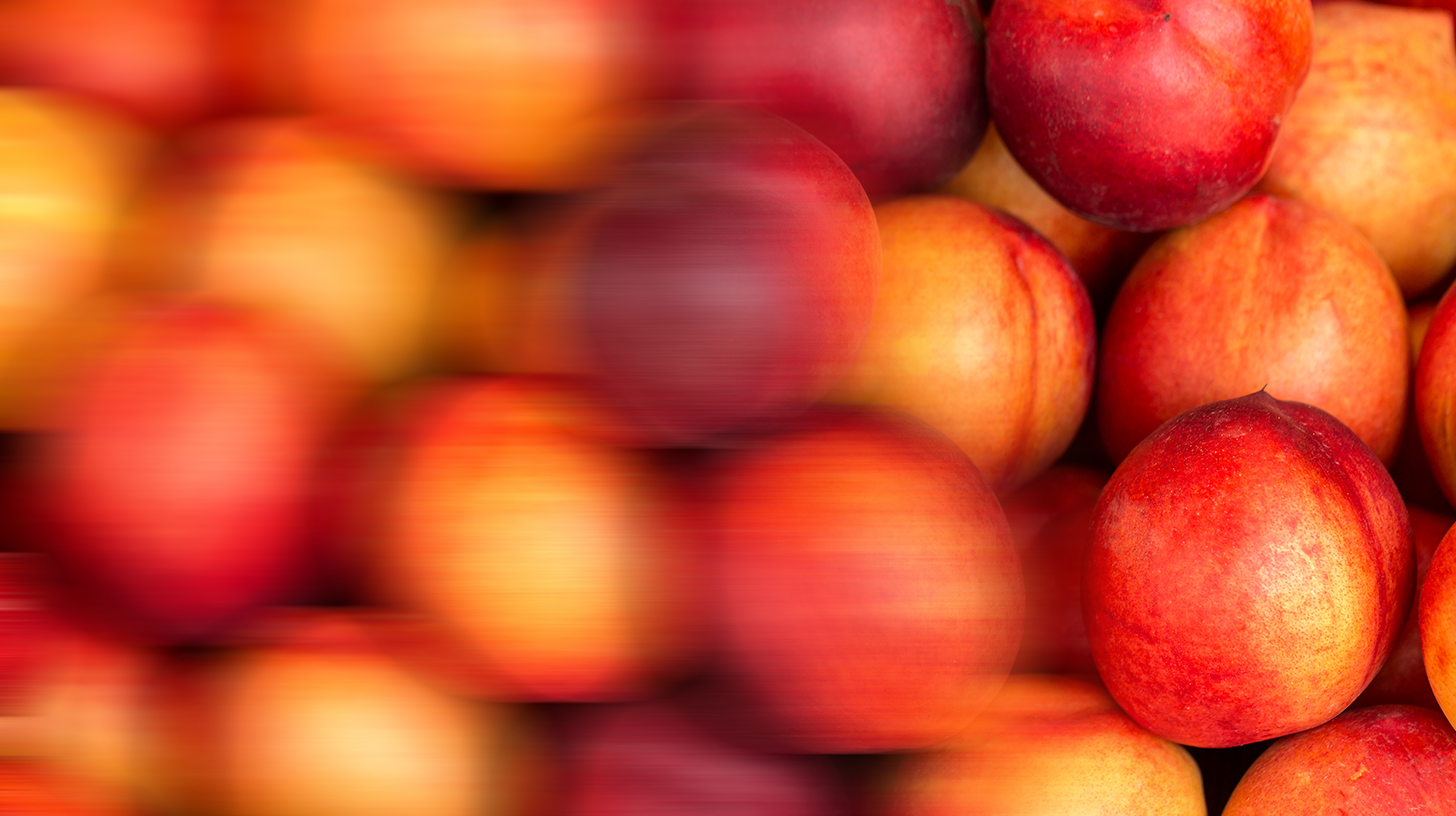
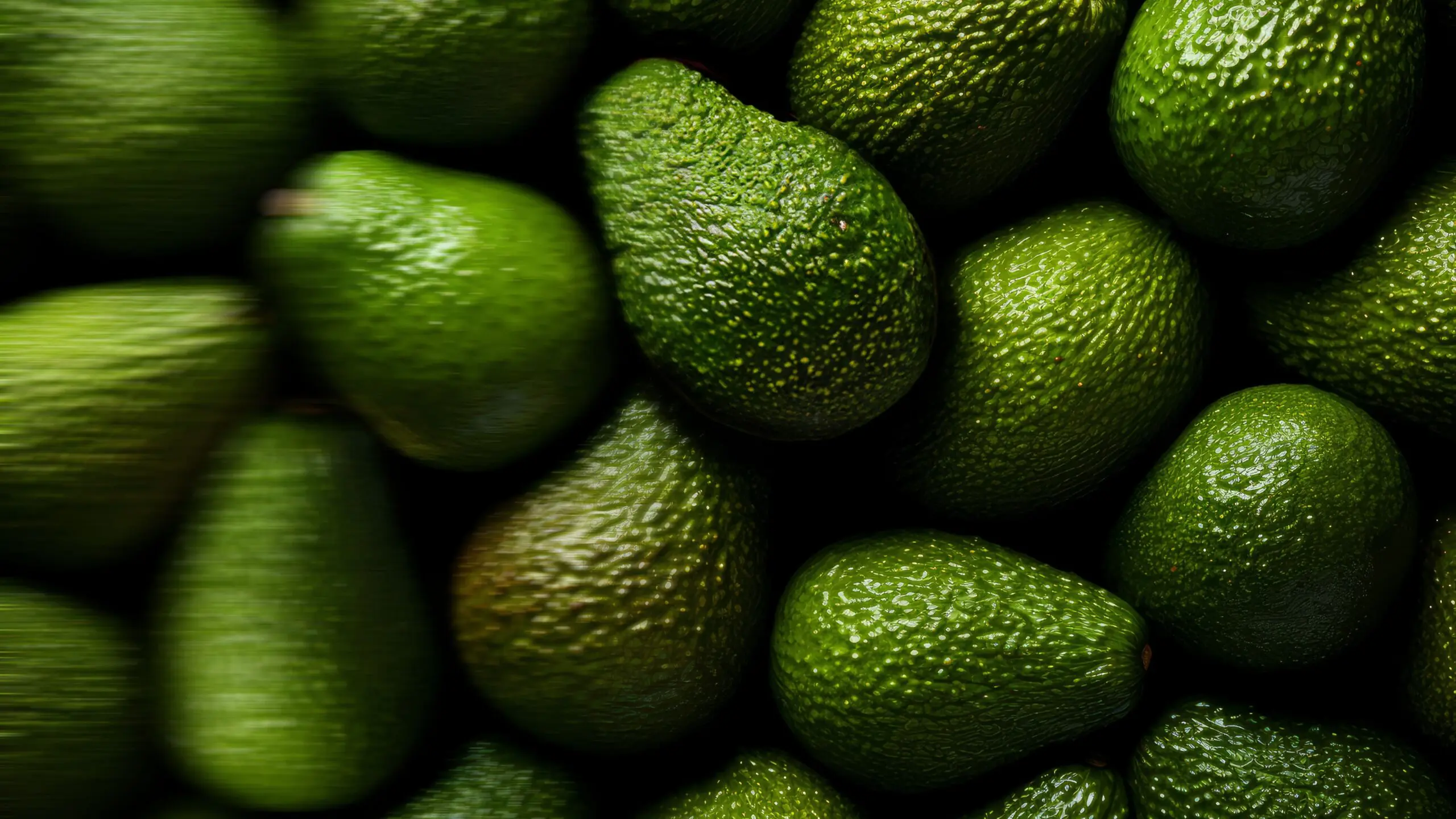
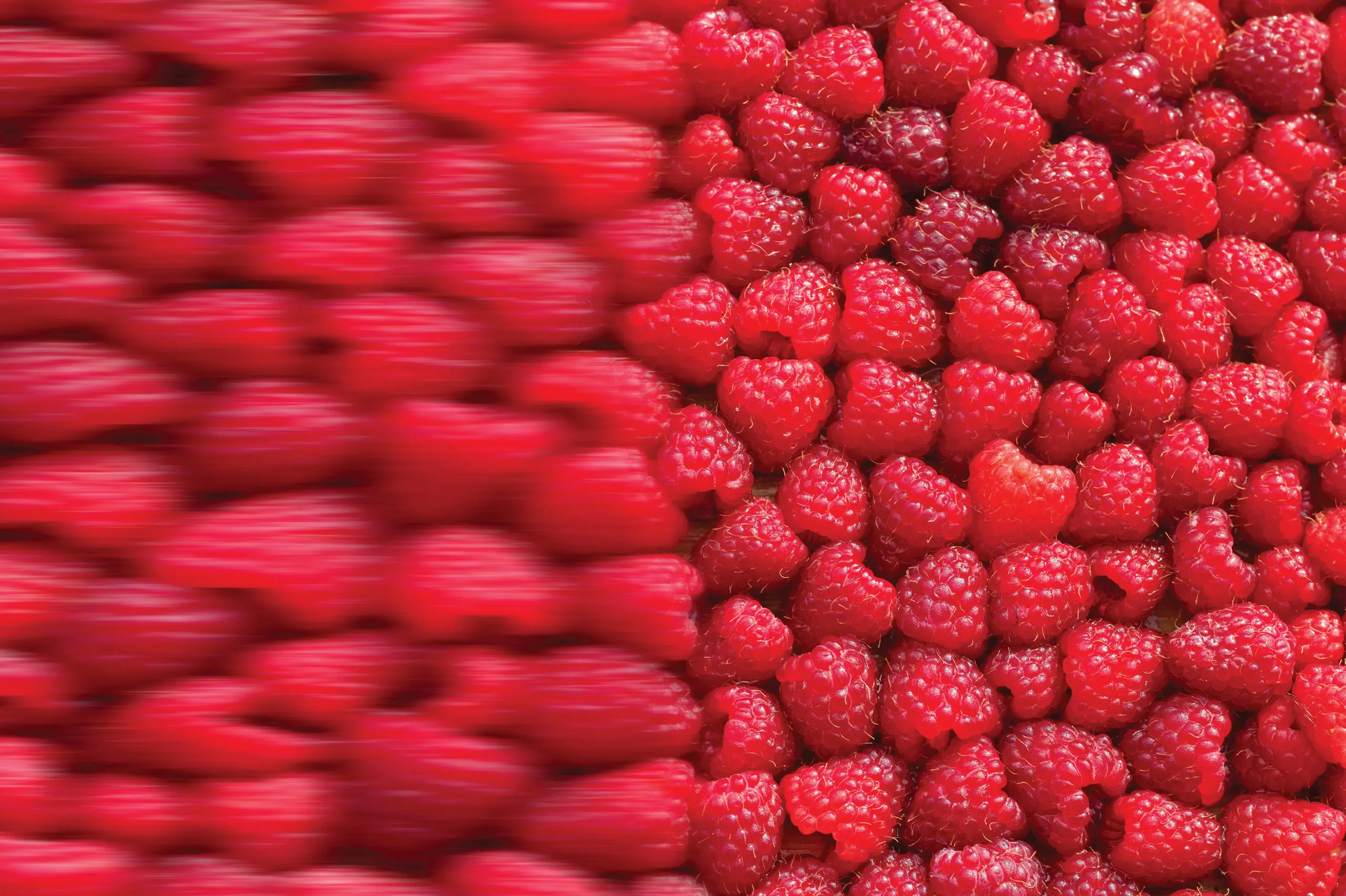
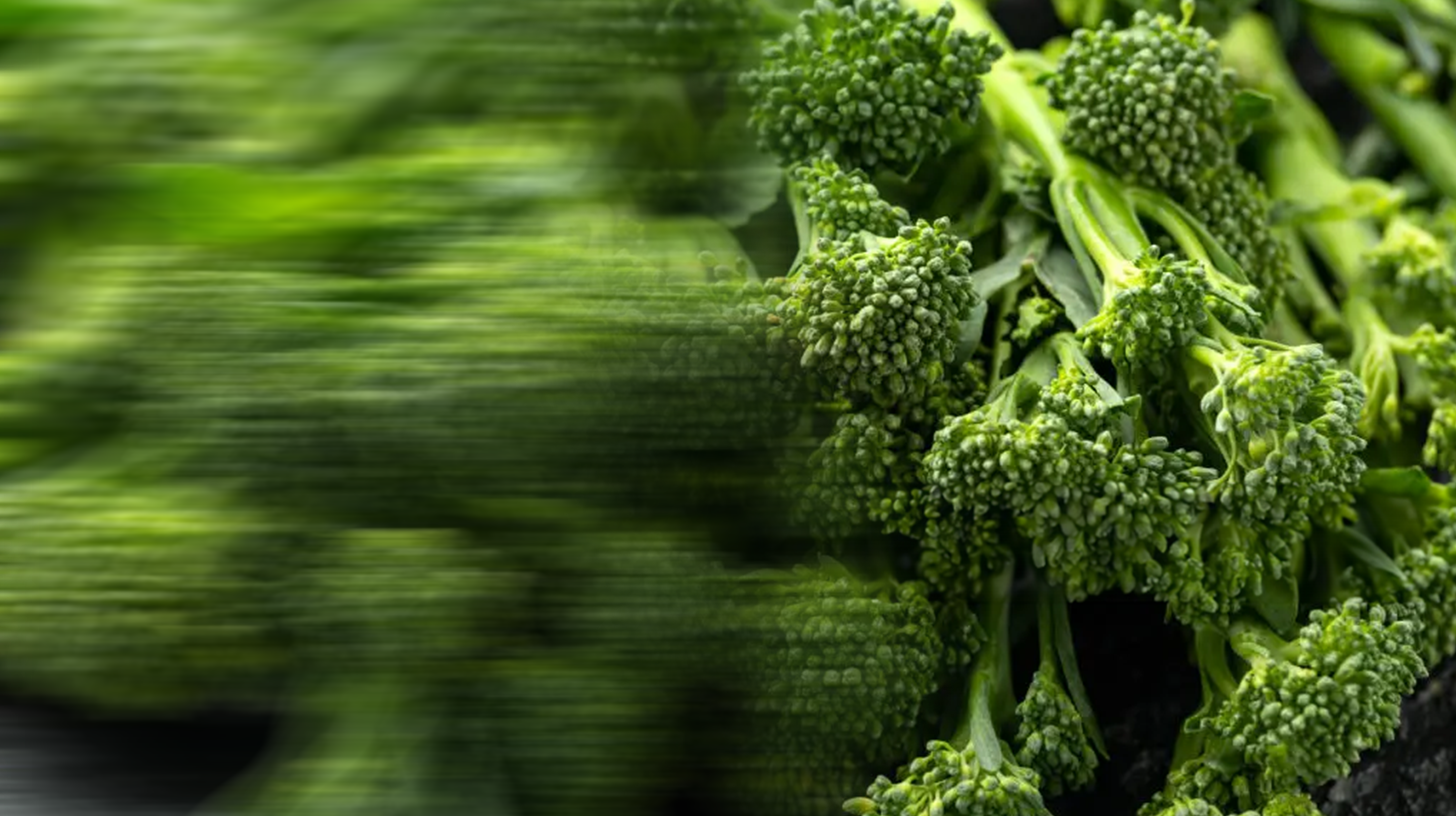
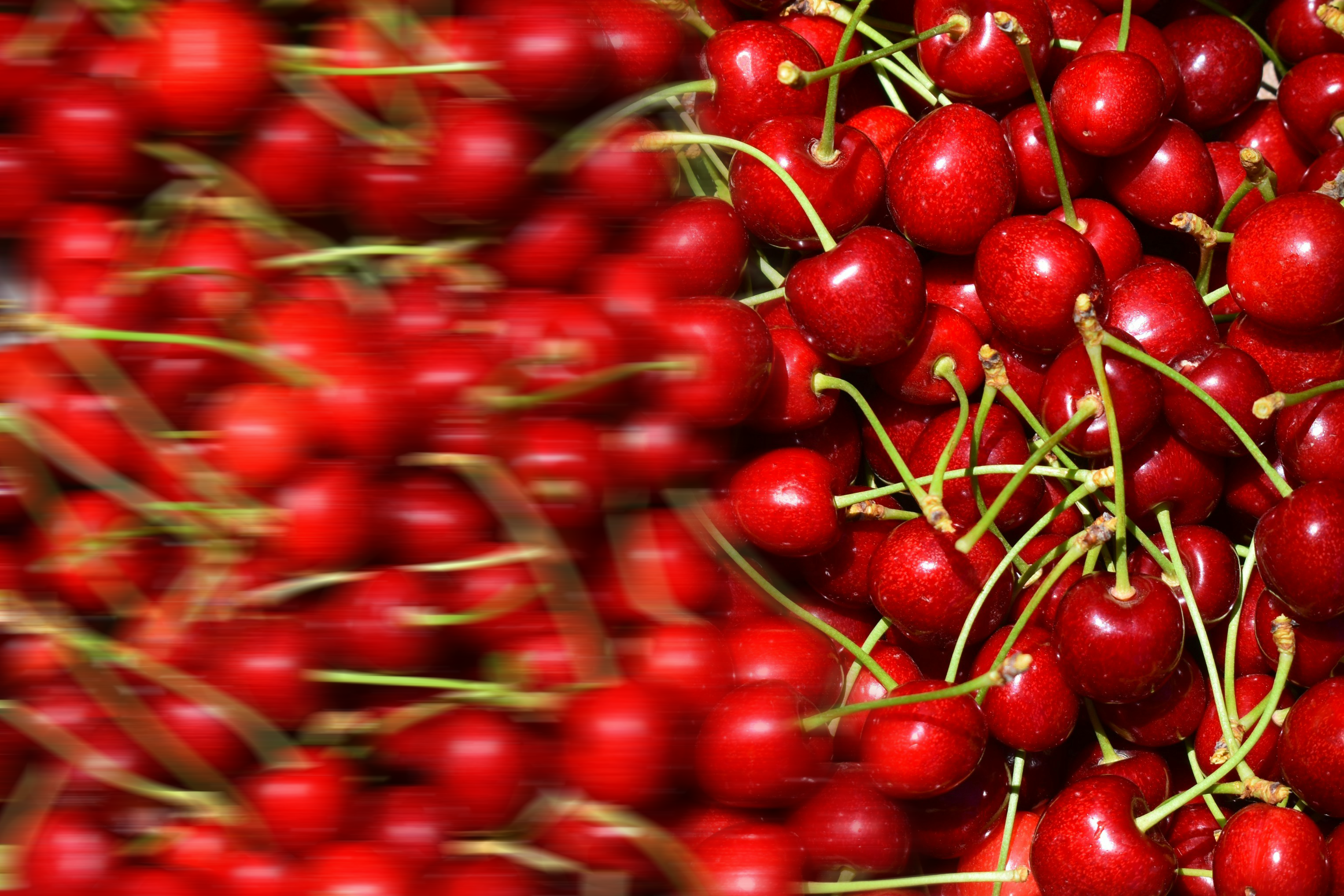

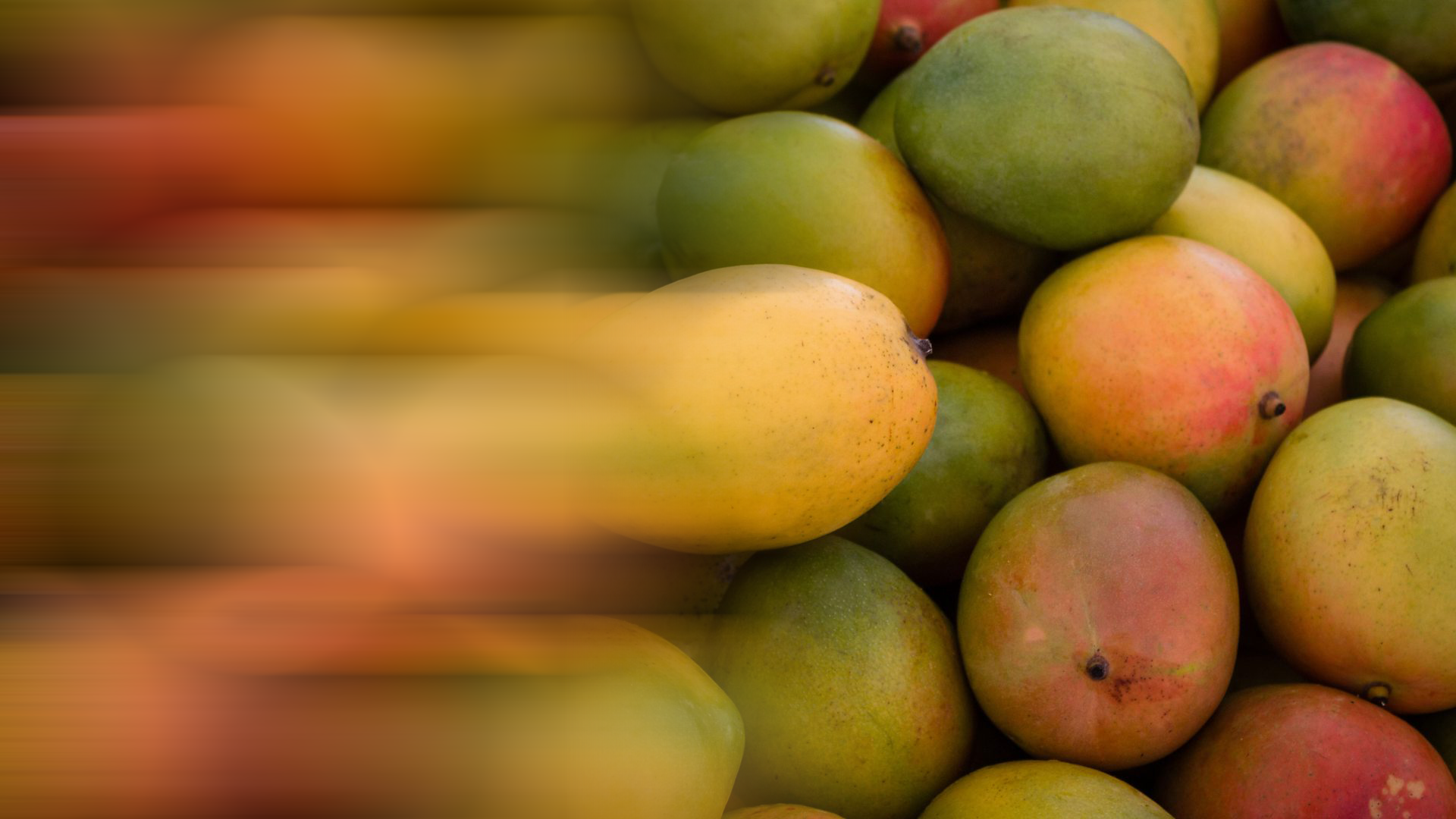
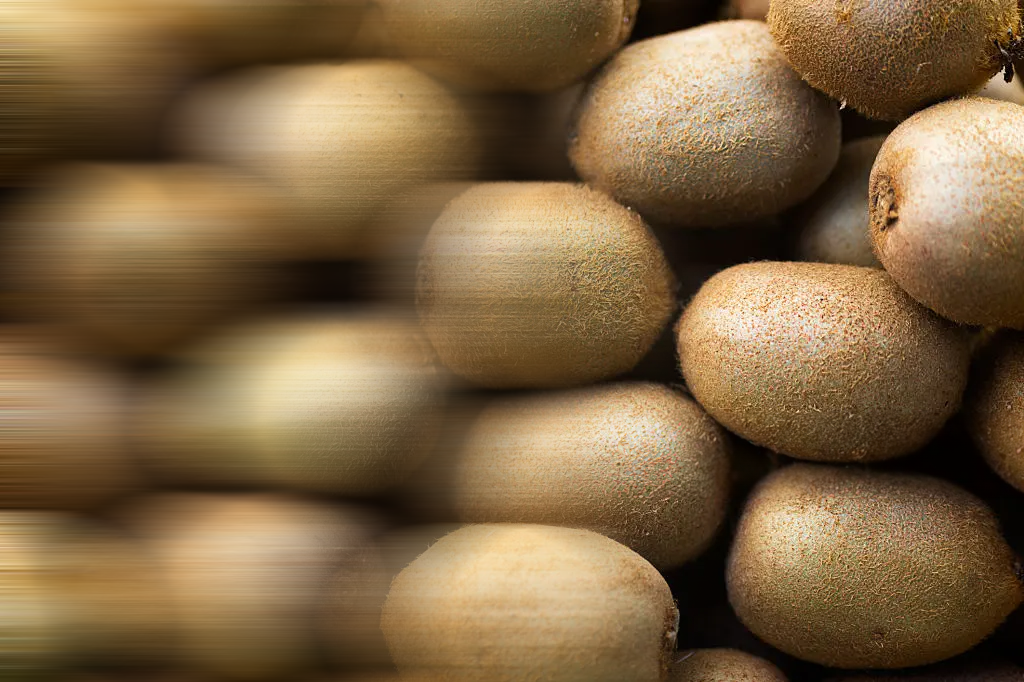
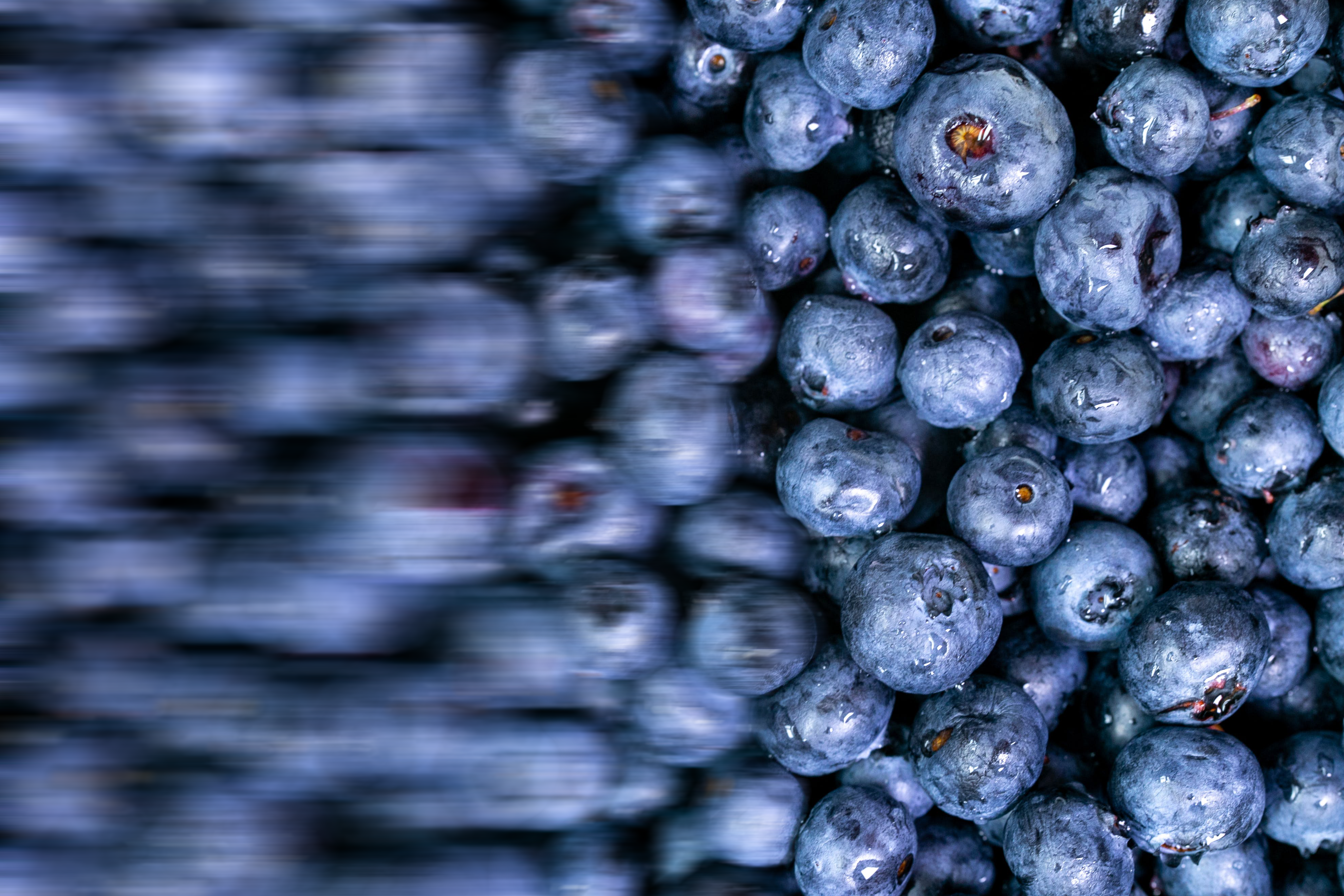
Pack smart. Protect more. Waste less.
Solutions for protecting fresh produce, from post-harvest to the consumer.
Maintaining better condition for longer, with the naturally balanced approach to ethylene.
Slowing down the ripening process, without compromising taste.
Fresh produce is global. Ensuring what’s picked arrives in great condition for the consumer to enjoy is challenging. The control of ethylene is an important factor in this, with the industry’s legacy solutions all having their own shortcomings. Enter RYPEN, the naturally balanced approach to extend peak ripeness windows, maintain condition, reduce food losses – all without negatively impacting taste.
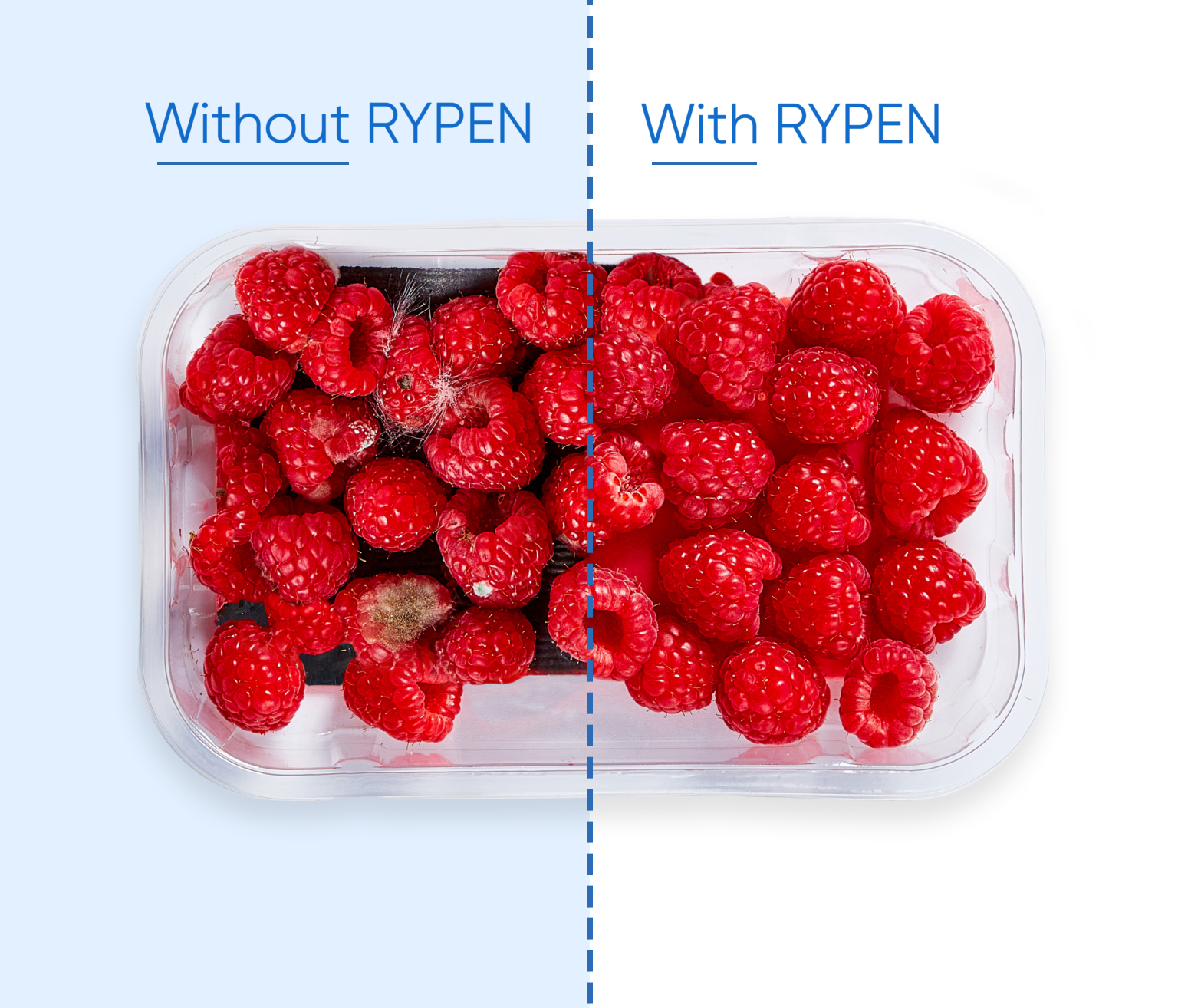
Suitable for a wide range
of fresh and cut produce
Traditional classification of produce as either climacteric or non-climacteric is changing. It’s increasingly understood now that ethylene impacts a myriad of crops and often in different ways. With RYPEN, we’re continuing to push the science, all in the pursuit of preserving the potential of the produce as picked, while helping to put more of that in the hands of consumers to be enjoyed, and not lost.
Global food wastage is estimated to be responsible for 10%* of Greenhouse Gas (GHG) emissions. If this issue were a country it would rank as the third biggest GHG emitter, after China and the US.

